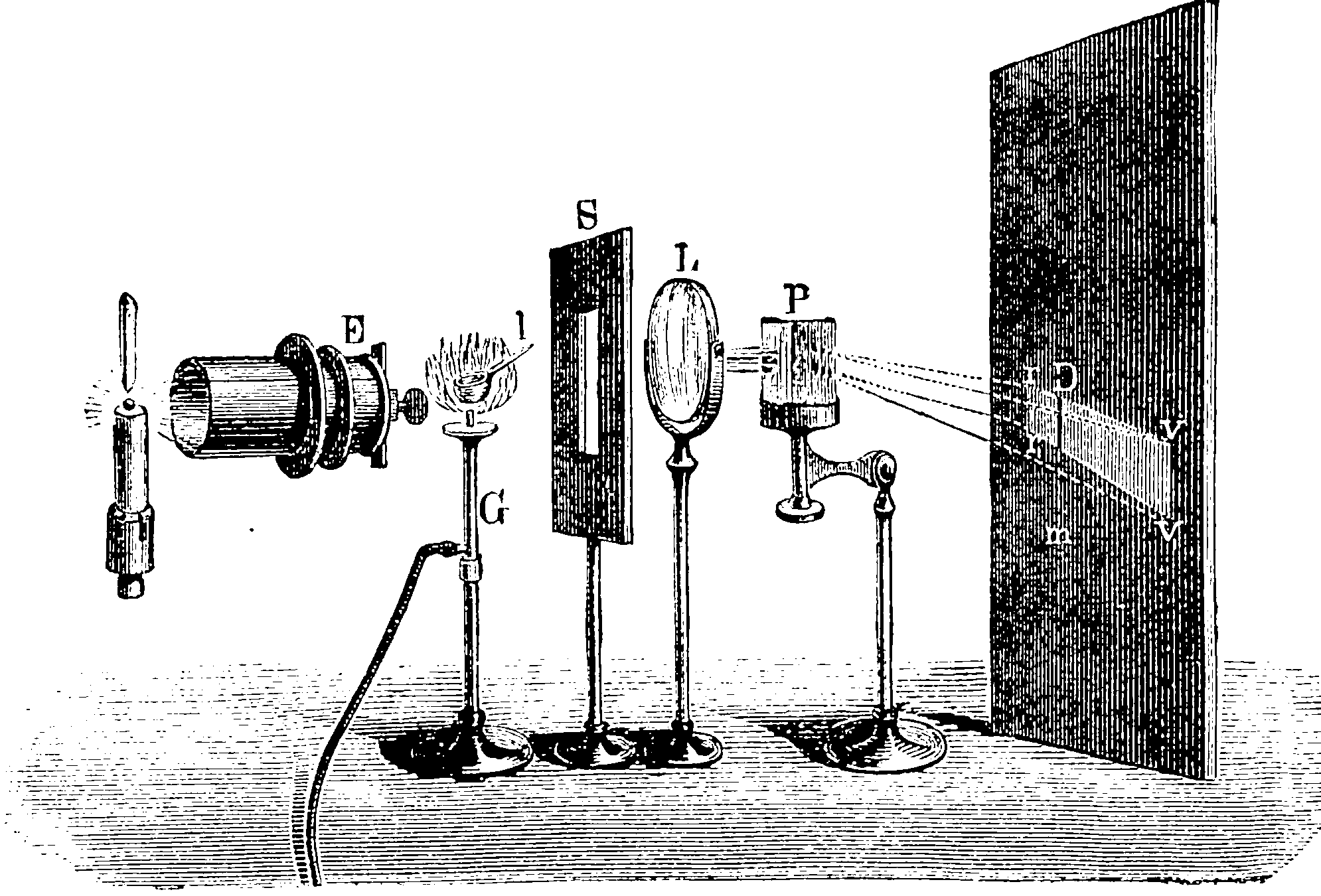Quantum computing
December 13, 2017 — January 21, 2022
Suspiciously similar content
Nothing to see yet apart from some links I don’t have time to inspect.
1 Topical
- Scott Aaronson’s Quantum supremacy FAQ,
- What Google’s Quantum Supremacy Claim Means for Quantum Computing
- Preskill on quantum supremacy
- Stephen Jordan’s Quantum Algorithm Zoo
2 Application to problems in ML
See Quantum ML.
3 Courses
Scott Aaronson’s lecture notes on quantum computing now available as preprint textbook Useful leads from the intro:
I don’t pretend that these notes break any new ground. Even if we restrict to undergrad courses only (which rules out, e.g., Preskill’s legendary notes), there are already other great quantum information lecture notes available on the web, such as these from Berkeley (based on a course taught by, among others, my former adviser Umesh Vazirani and committee member Birgitta Whaley), and these from John Watrous in Waterloo. There are also dozens of books—including Mermin’s, which we used in this course. The only difference with these notes is that … well, they cover exactly the topics I’d cover, in exactly the order I’d cover them, and with exactly the stupid jokes and stories I’d tell in a given situation. So if you like my lecturing style, you’ll probably like these, and if not, not (but given that you’re here, there’s hopefully some bias toward the former).
4 Emulations, languages, trial runs
Defending quantum chess champion takes the title again in 2021 tournament
Silq is a quantum computation language with AFAICT a clever typing system which they argue leads to something like intuitive behaviour.
Hello Quantum: Quantum computing games app
Quirk: Browser quantum computing exercises
Microsoft’s
- quantum development kit
- and their learning tools the quantum katas
Strawberry Fields is a full-stack Python library for designing, simulating, and optimising continuous variable (CV) quantum optical circuits.
similar tip, the recently launched Tensorflow Quantum is a library for quantum computing for machine learning. Obviously not yet usually backed by quantum computers.
Tensorflow quantum is backed by Cirq
Cirq is a Python library for writing, manipulating, and optimising quantum circuits and running them against quantum computers and simulators.
